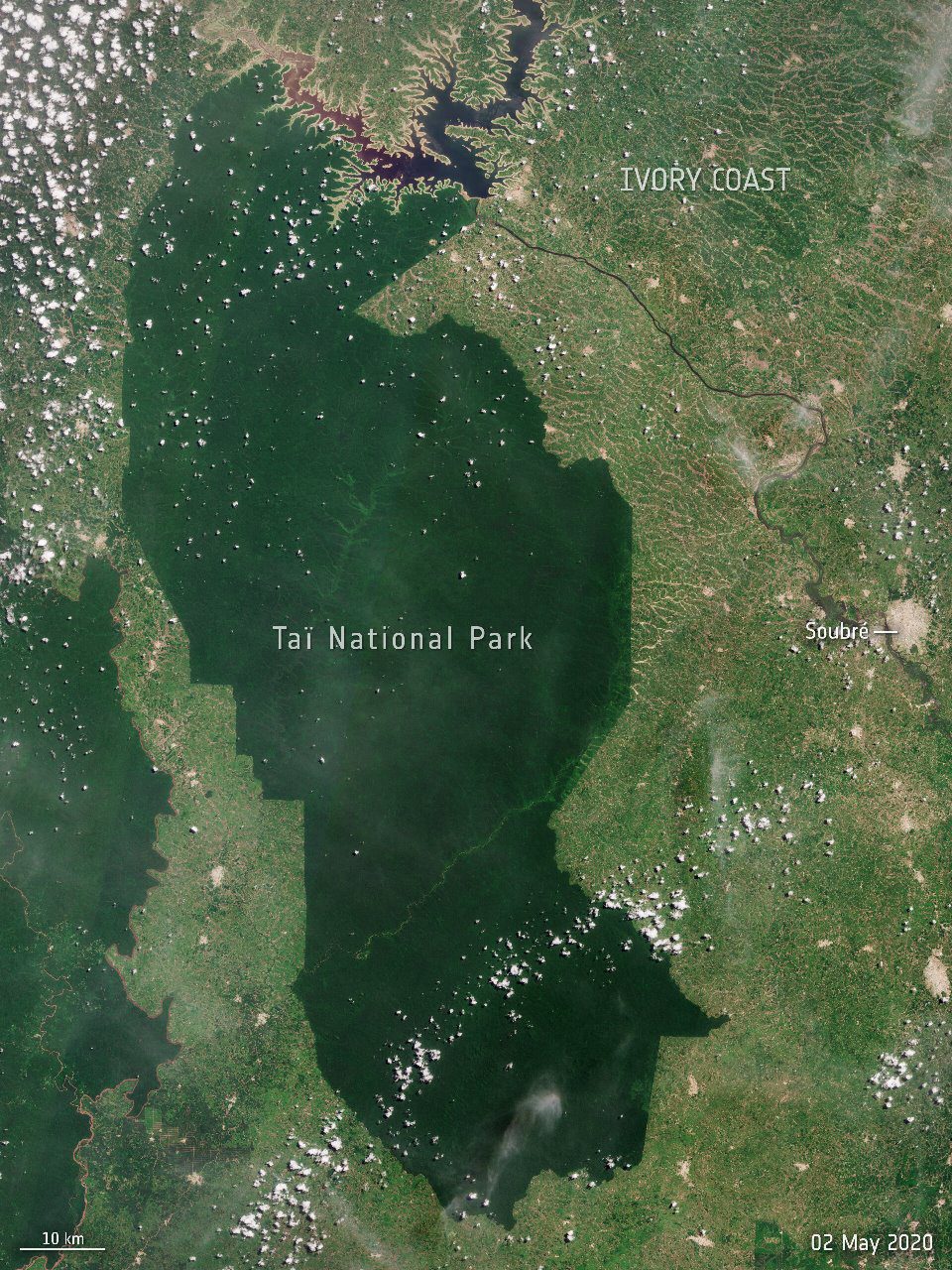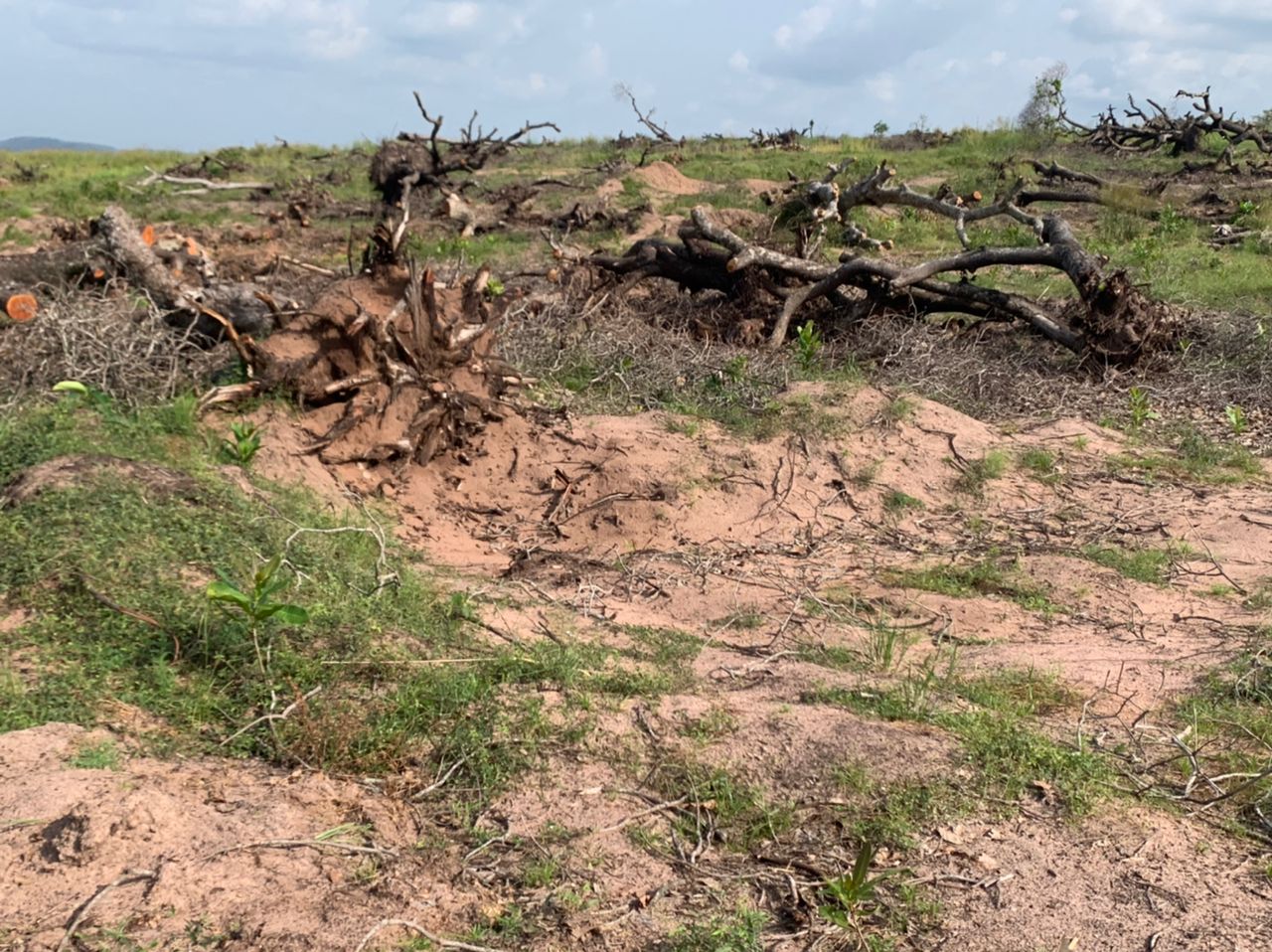The EU’s new deforestation regulation requires companies trading in cocoa and, among others, derived products (chocolates) to carry out extensive due diligence to ensure that these do not result from deforestation or violate local environmental and social laws. What is the state of play?

This new EU regulation is also called EUDR and will apply from 30 December 2024. Besides the palm oil, coffee and cocoa mentioned, it also applies to timber, soy, livestock and rubber and the products made from them. Importers, including ClearChox, will have to submit meticulous data, to demonstrate compliance and allow the EU to test their behaviour.
In brief, the regulation requires three main elements from importers of cocoa or chocolate:
- Submit proof of ownership of the land on which the cocoa was grown, to ensure that there is no land grabbing or other illegal farming practices,
- Submit coordinates of the plots or estates so that the EU can verify the development of forested areas in these specific locations using satellite images,
- Submit an official declaration stating that to their knowledge no deforestation has taken place in the production of this cocoa or chocolate.
ClearChox imports a wide range of chocolate brands made in countries of origin. We are currently working with other industry leaders and our chocolate makers to ensure that we are compliant when the regulations come into force (small companies have been given a longer adjustment period).
ClearChox is clear chain chocolate. We know where the cacao comes from (farmer or cooperative). With the EUDR we can even more guarantee good chocolate when you buy from us.
Here you can find the EU regulation.

